The product owner is one of the three scrum roles. Product owners are crucial to the success of scrum teams.
What does the scrum product owner do?
In scrum, the product owner is the person responsible for a product’s success. The role of the product owner is to lead the development effort by:
- Conveying the vision to the team.
- Outlining requirements in the product backlog.
- Prioritizing requirements based on business value and risk.
- Ensuring the product backlog is visible, transparent, and clear.
- Providing continuous and real-time clarification on those requirements.
When a product owner effectively does these things, the business and development align. They are also able to shield the development team from distracting “noise,” and the team works on the right things at the right time.
Product owner challenges
One challenging part of this position is to not micro-manage. Like scrum masters, product owners also participate on the team as a servant leader and peer to the rest of the team. A product owner does not have authority over a development team but typically represents stakeholders that carry a certain political “weight” in the organization.
Since product owners ideally spend much time with their teams to provide clarity and a business value perspective, servant leadership can be a hard task. A product owner must respect and trust the team’s ability to create and work a daily plan of action.
Product owners determine what has the most business value
Ultimately, the product owner’s responsibility is to consider which requirements will produce the most business value. The product owner must make difficult decisions that others may not like, but it’s their responsibility to make sure the team delivers the right product to the consumer.
Product owner certification
The Certified Scrum Product Owner (CSPO) course delivers immersive, real-world instruction on the role and its responsibilities. Our class teaches scrum by having you do it. Learn more about our CSPO courses.


